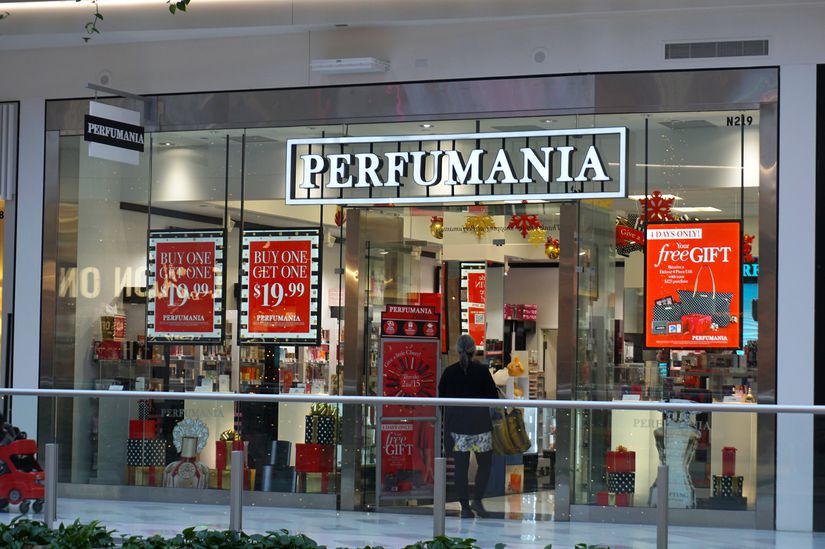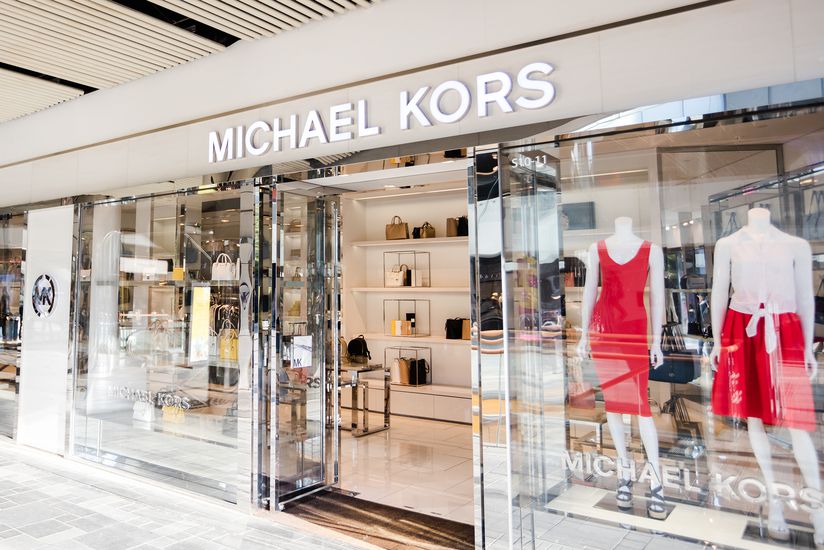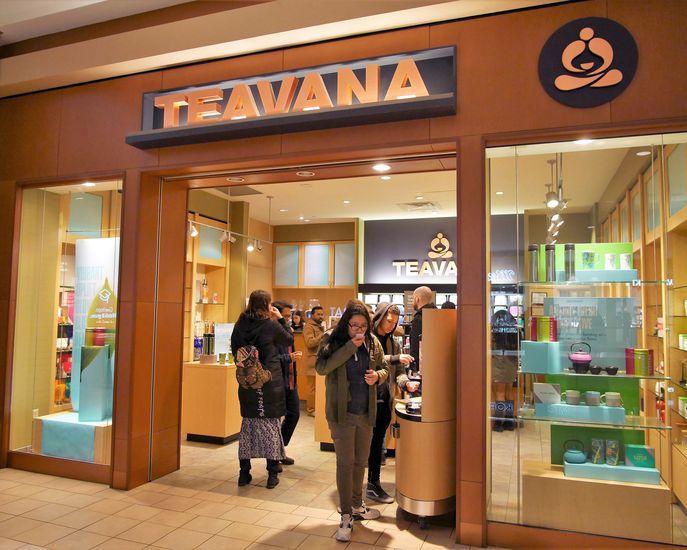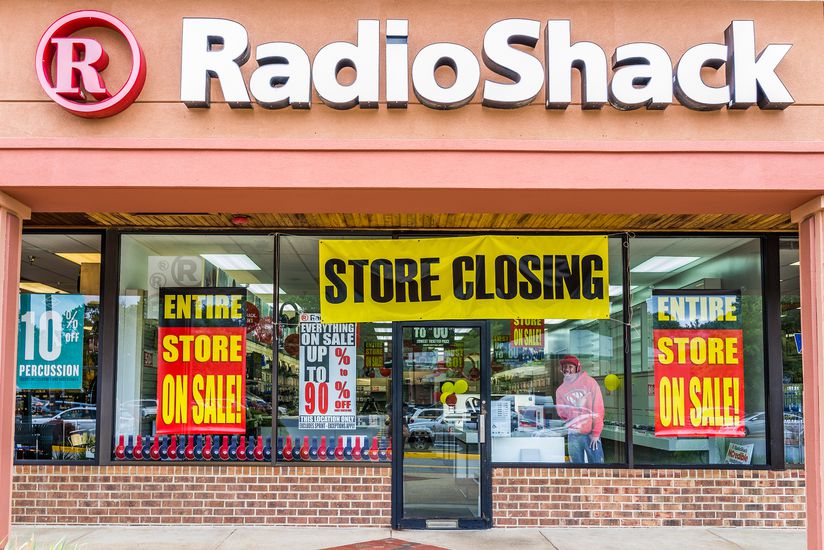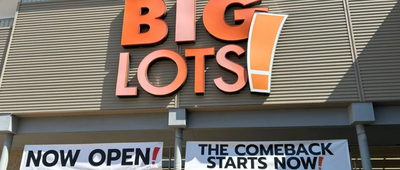Retail Shutdown
Toys R Us is filing for bankruptcy, but it's not alone as many national retailers are struggling to remain competitive in a modern marketplace increasingly dominated by online commerce. The Toys R Us filing, one of the largest in retail history, confirms that the company may well be on the way to closing down, but 25 other major retailers might soon follow suit, if they haven't already.







